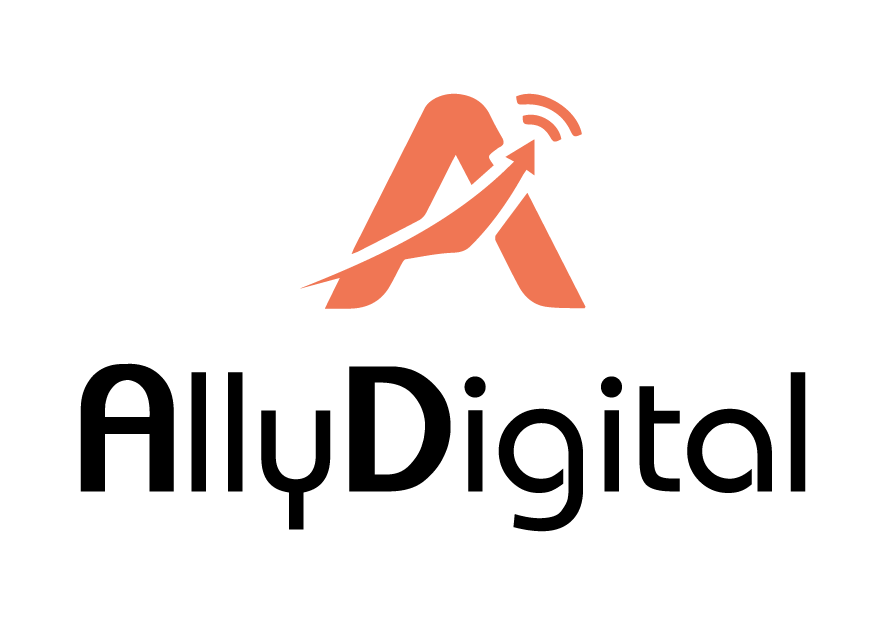What Digital Marketing Trends Will Transform Your Business?
The world of digital marketing is in constant changes, which are influenced by the development of technologies, changes in consumer behavior, and emergence of new platforms. Businesses that want to be successful in this dynamic environment need to keep up with the existing trends and change their strategies accordingly. This paper discusses the greatest trends of digital marketing that any business ought to be familiar with in order to be competitive and achieve growth.
1. Increased Focus on Personalization
Big-screen marketing has ceased to be a luxury act; it is now a necessity. Consumers are demanding personalized services that appeal to their tastes and habits. Companies that use information to make personalized content, recommendations, and offers are more successful to attract customers.
Key Strategies:
- Segmentation: Customer data: use customer data to segment your audience based on their demographics, behavior and purchase history.
- Dynamic Content: Introduce the use of dynamic content on the web pages that vary with the activities of users or their preferences.
- Targeted Email Campaigns: Personalized email marketing can be used to deliver targeted content and offers to various groups of your audience.
2. The Rise of Video Marketing
Video marketing remains the most popular in digital marketing, and platforms such as YouTube, Tik Tok, and Instagram Reels become extremely popular. Videos are also interesting and are better at conveying information compared to text or pictorials.
Key Strategies:
- Short-Form Videos: Design catchy short videos to be used on such apps as Tik Tok and Instagram to attract the interest of the audience and make them rapid.
- Live Streaming: Reach your audience live using video, ask questions and demonstrate your products.
- Video Content in Ads: Use video in your advertisement strategy to make it more engaging and get more people to convert.
3. Voice Search Optimization
As consumers increasingly use voice activated gadgets such as Amazon Alexa and Google Home, voice search optimization is becoming essential. There is a rise in voice search of local searches and product details by consumers.
Key Strategies:
- Conversational Keywords: Focus on long-tail keywords and phrases that people naturally use in conversation.
- Local SEO: Ensure your business information is accurate and optimized for local searches, especially for mobile users.
- Structured Data Markup: Implement schema markup on your website to help search engines better understand your content.
4. Social Commerce
Social media are transforming into complete on-line eCommerce platforms. Companies now have the ability to sell their products directly via such applications as Instagram and Facebook, which makes consumers buy the products without exiting the app.
Key Strategies:
- Shoppable Posts: Shoppable posts on Facebook and Instagram are the means of linking directly to product pages.
- Influencer Collaborations: Use influencers to market your products and attract new followers.
- User-Generated Content: Customers are encouraged to publish their experience with your products on social media, which will create trust and community.
5. Sustainability and Ethical Marketing
The environmental issues of sustainability and ethical conduct are growing among the consumers. Social responsibility and transparency in brands will most likely help establish closer relationships with the audience.
Key Strategies:
- Clear Communication: Be open and tell the consumers about your brand values, sustainability, and ethical activities.
- Eco- Friendly Products: Have you thought of providing eco- friendly products or have you considered going green in your operations?
- Cause Marketing: Link your brand to social or environmental causes in order to appeal to conscientious consumers.
6. Artificial Intelligence and Automation
AI and automation are revolutionizing digital marketing as it allows businesses to analyze data, determine customer behavior, and automate repetitive tasks. This contributes to better marketing strategies and customer experiences.
Key Strategies:
- Chatbots: Chatbots function as AI-enhanced chatbots that instantly offer your customers customer support and enhance the user experience by adding AI-based chatbots to your site.
- Predictive Analytics: Predictive analytics involves using artificial intelligence to understand customer behaviour and process data in order to target them more effectively and customize their experience.
7. Privacy and Data Protection
As the issue of data privacy continues to get more attention, companies should be concerned with the safety of customer information. It is necessary to adhere to such regulations as GDPR and CCPA to preserve the trust of consumers.
Key Strategies:
- Transparent Data Practices: Be clear about the way you collect, use and protect customer data.
- Opt-In Marketing: Adopt the opt-in approach to email marketing and leave customers with the choice on how to behave with their data.
- Periodic Audits: Have your data management practices audited on a regular basis to make sure that they comply with privacy laws.
Conclusion
Digital marketing trends require businesses to be ahead to succeed in the competitive world. Personalization, video marketing, voice search optimization, social commerce, commitment to sustainability, use of AI and data protection enable the establishment of effective strategies that can attract consumers and achieve growth.
When you want to upgrade your digital marketing approach in terms of these tendencies, you should think about performing the in-depth analysis of your practice and presenting a new potential opportunity to appeal to your audience.






Leave feedback about this